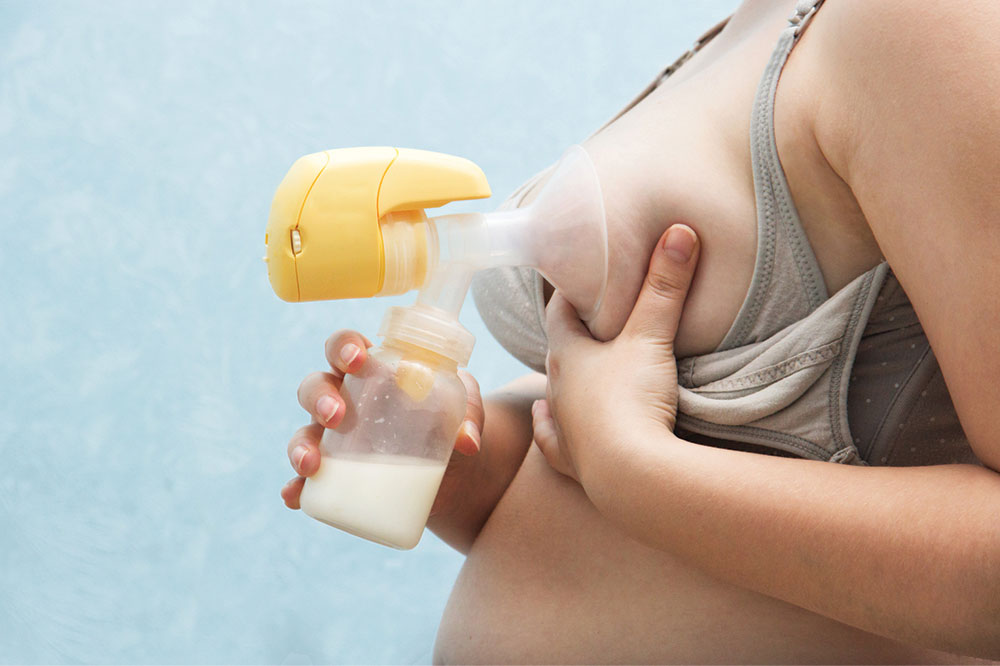Essential Nutritional Strategies for a Healthy Pregnancy
This article offers crucial dietary tips for pregnant women, emphasizing balanced nutrition, healthy snacking, avoiding raw foods, limiting caffeine, and consuming fiber-rich dark leafy greens. These strategies promote a healthy pregnancy and support fetal development. Follow expert guidance to ensure both mother and baby stay healthy throughout pregnancy.

Essential Nutritional Strategies for a Healthy Pregnancy
Expectant mothers require increased intake of nutrients like folic acid, calcium, and iron. However, this doesn’t mean consuming double portions. It’s a misconception that one must eat for two. Instead, focusing on balanced, nutrient-rich foods that meet daily nutritional needs is key. Adjusting eating habits to ensure both mother and baby receive adequate nourishment supports a healthy pregnancy. Below are vital dietary guidelines for pregnant women.
Don’t skip breakfast
Breakfast fuels the day and provides essential energy.
Opt for fortified cereals paired with fresh fruits. These cereals are enriched with vital nutrients such as folic acid, iron, and calcium. Choose low-sugar or sugar-free options. If morning sickness makes heavy meals difficult, start with whole-grain toast and have a small snack later.
Select healthy snacks
Fulfill snack cravings with light and nutritious options. Low-fat or fat-free yogurt combined with fruits makes a satisfying snack. Whole-grain crackers with low-fat cheese also work well.
Raw vegetables like carrots and celery are excellent healthy snacking choices during pregnancy.
Avoid raw meats and unpasteurized soft cheeses
Raw meats and fish can harbor bacteria harmful to both mother and baby. Soft cheeses like Brie, feta, and goat cheese should be pasteurized. Raw or undercooked meats, sushi, and cold cuts that haven't been heated thoroughly should be avoided to prevent infection.
Limit caffeine consumption
High caffeine intake may pose risks during pregnancy. Substitute with decaffeinated tea or coffee. Prefer sparkling water or plain water over sodas. Completely avoid alcohol, as it can cause serious health issues for the developing fetus.
Focus on fiber-rich foods
Consuming high-fiber foods promotes regular bowel movements and alleviates common pregnancy discomforts. Include beans like kidney and black beans, as well as vegetables and fruits such as bananas, sweet potatoes, pears, spinach, and peas. Whole grains like oatmeal and brown rice are beneficial too.
Incorporate dark leafy greens
Dark leafy greens such as spinach, kale, and broccoli are nutrient powerhouses. They provide essential vitamins and minerals including folate, iron, calcium, vitamins A, K, and C, along with antioxidants that boost immunity.










